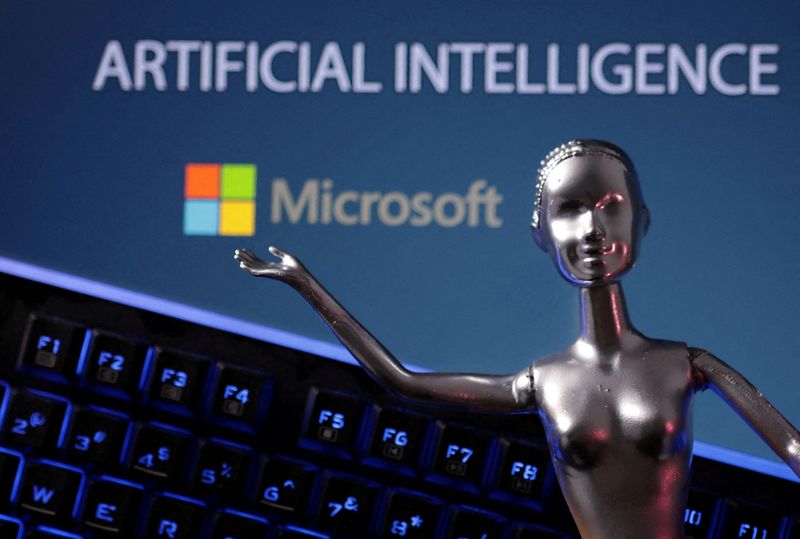(Reuters) - Digital mapping specialist TomTom said on Tuesday it has partnered with tech giant Microsoft (NASDAQ:MSFT) to create an artificial intelligence (AI)-powered conversational assistant for vehicles.
The assistant will allow users to "converse naturally with their vehicles" and enable voice interaction with infotainment, location search, and vehicle command systems, the company said.
TomTom, which competes with Google (NASDAQ:GOOGL) Maps and the world's biggest mapping platform HERE, used various Microsoft services like its Azure OpenAI Service to create the voice assistant.
The Microsoft Azure OpenAI Service allows enterprises to leverage ChatGPT maker OpenAI's large language models (LLM).
The voice assistant can be integrated into other automotive infotainment systems and is also built into TomTom's Digital Cockpit, an open, modular in-vehicle infotainment platform, the Dutch map maker said.
Finance chief Taco Titulaer told Reuters in October that TomTom saw new opportunities in generative AI and was "investing time and money and people" into the technology.

TomTom had launched an LLM plug-in for ChatGPT in July to allow the chatbot's users to plan trips and explore new places using its maps.
The company began working with Microsoft in 2016, when it first started powering Azure Maps location services.